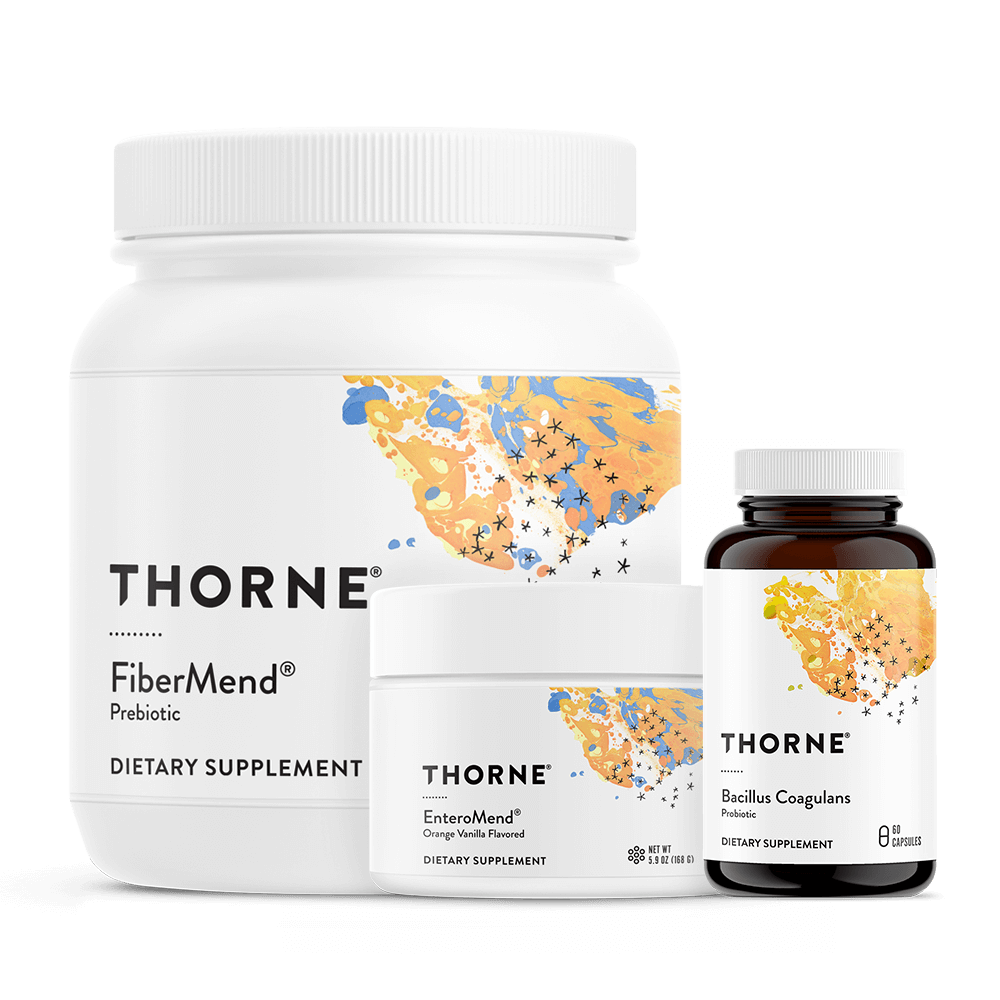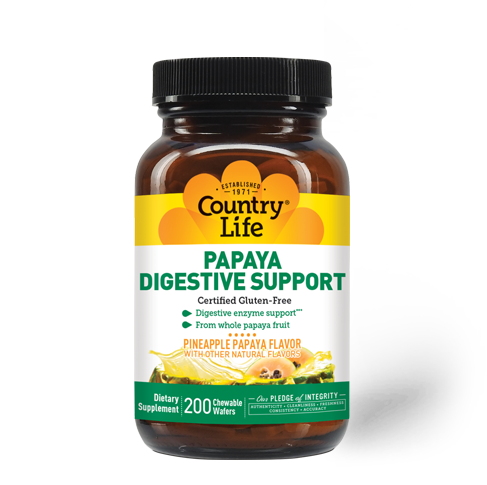Why You Should Consider a Gut Health Supplement for Improved Gut Flora
Why You Should Consider a Gut Health Supplement for Improved Gut Flora
Blog Article
Discover the Trick to Food Digestion and Immunity With Intestine Health Support

Understanding Intestine Health
Comprehending gut health and wellness is critical for total health, as it plays a considerable duty in digestion, resistance, and even psychological health. The digestive tract, consisting of the gastrointestinal system, is in charge of breaking down food, soaking up nutrients, and removing waste. A well balanced gut setting ensures effective digestion, allowing the body to use nutrients effectively.
Additionally, digestive tract wellness considerably impacts the body immune system. The digestive tract houses a considerable section of the body's immune cells, and a healthy gut can aid fend off virus and lower inflammation. Disruptions in intestine wellness can bring about an overactive immune action, potentially contributing to autoimmune disorders and allergies.
In addition, the intestine is often referred to as the "2nd brain" because of the gut-brain axis, a complex communication network linking the mind and the gut. This link affects mood, cognition, and emotional wellness. Concerns such as dysbiosis, characterized by an imbalance in intestine bacteria, have been related to psychological health and wellness conditions, including stress and anxiety and anxiety.
The Digestive Tract Microbiome Explained
The digestive tract microbiome, a varied area of bacteria residing in the gastrointestinal tract, plays a critical role in keeping digestive system health and general health. Making up trillions of germs, viruses, fungis, and various other microbes, this complicated community aids in the digestion of food, the synthesis of necessary nutrients, and the guideline of metabolic processes.
Each individual's gut microbiome is unique, affected by variables such as diet regimen, way of living, genetics, and environmental direct exposures. A balanced microbiome supports ideal food digestion by damaging down facility carbohydrates, creating short-chain fats, and facilitating the absorption of nutrients. On the other hand, an imbalance, commonly described as dysbiosis, can result in gastrointestinal problems, including cranky digestive tract disorder (IBS) and inflammatory bowel condition (IBD)
Research has demonstrated that a varied microbiome is connected with much better health outcomes, highlighting the importance of dietary options in supporting these microorganisms. Foods abundant in fiber, probiotics, and prebiotics, such as fruits, vegetables, and fermented products, can promote a healthy and balanced microbiome. Recognizing the intestine microbiome is crucial for creating targeted treatments focused on boosting digestive health and stopping stomach illness.

Link Between Food Digestion and Immunity
A robust connection exists in between food digestion and immunity, highlighting the vital function of the gut in maintaining general health and wellness. The intestinal system is home to trillions of bacteria that form the digestive tract microbiome, which substantially affects both immune feedbacks and digestive system processes. This facility environment aids in breaking down food, soaking up nutrients, and giving necessary metabolites that support immune feature.
When food digestion is efficient, the intestine obstacle continues to be intact, stopping hazardous virus from getting in the bloodstream. Around 70% of the immune system stays in the gut-associated lymphoid cells (GALT), which connects very closely with the gut microbiome.
Tips for Supporting Gut Health
Sustaining digestive tract health is crucial for keeping both digestive efficiency and a well-functioning body immune system. To promote optimum gut wellness, consider incorporating several practical strategies right into your day-to-day routine.
First, focus on hydration. Drinking sufficient water supports digestion and helps keep the mucosal cellular lining of the intestines. Additionally, normal exercise can improve gut motility and promote a varied microbiome.
Mindful eating techniques are also vital. Chewing food thoroughly and eating slowly can assist food digestion and prevent over-eating, which might stress the intestine. Handling tension via strategies such as reflection, yoga, or deep-breathing workouts can positively affect intestine health and wellness, as stress and anxiety is understood to interrupt digestive system processes.
Integrating prebiotics and probiotics right into your program is one more efficient technique. While particular foods will be talked about later on, comprehending the value of these parts is vital. Prebiotics serve as food for valuable digestive tract microorganisms, while probiotics introduce real-time advantageous organisms.
Last but not least, stay clear of too much use antibiotics, as they can interrupt the balance of digestive tract vegetation. By adhering to these pointers, you can considerably contribute to the upkeep of a healthy intestine, which is vital for total health and wellness and vigor.
Foods That Promote Intestine Health

Fermented foods, such as yogurt, sauerkraut, kimchi, and kefir, are rich in probiotics, which are beneficial germs that sustain intestine flora and improve digestion. These foods can help bring back equilibrium in the digestive tract, especially after antibiotic use or digestive disturbances.
Along with fermented alternatives, prebiotic foods, such as garlic, onions, asparagus, and bananas, act as nutrition for these probiotics, promoting their growth and activity. These soluble fibers support gut motility and can minimize issues like bowel irregularity.
Moreover, including high-fiber foods, including whole grains, veggies, legumes, and fruits, is necessary for preserving a healthy and balanced gut. Fiber help in regular defecation and assists avoid digestion disorders.
Last but not least, omega-3 fats discovered in fatty fish, flaxseeds, and walnuts have anti-inflammatory properties that can better sustain intestine health and wellness. Highlighting these foods in your diet can cause a durable digestive system and enhanced immune feature.
Conclusion
In verdict, prioritizing digestive tract health and wellness is vital for optimizing digestion and enhancing immunity. A balanced digestive tract microbiome, influenced by nutritional options and lifestyle aspects, plays an essential duty in nutrient absorption and inflammation reduction.
Recognizing digestive tract wellness is crucial for overall health, as it plays a considerable function in digestion, immunity, and even mental health and wellness. The digestive tract houses a substantial part of the body's immune cells, and a healthy and balanced gut can aid fend off pathogens and minimize inflammation.Additionally, the digestive tract is usually referred to as the "second mind" due to the gut-brain Learn More Here axis, a complex communication network connecting the brain and the digestive tract.A durable link exists between food digestion and resistance, highlighting the pop over to this site essential role of the digestive tract in keeping overall health and wellness.In final thought, focusing on digestive tract wellness is crucial for optimizing food digestion and enhancing resistance.
Report this page